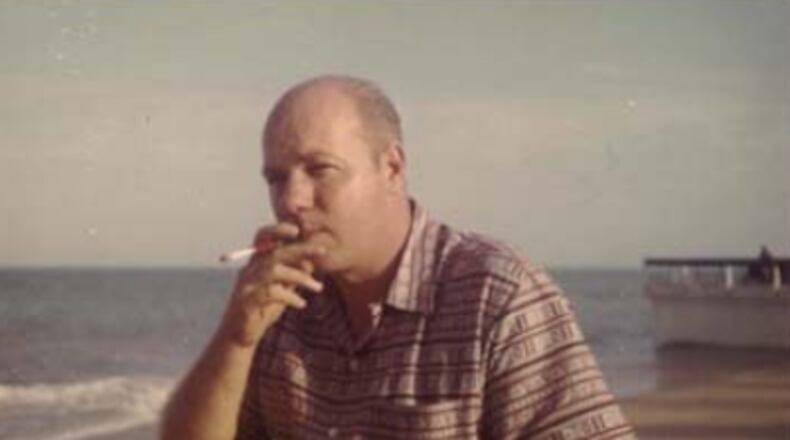Lawrence Block connected me with his friend Otto Penzler. Penzler is a publisher, editor and the proprietor of the legendary Mysterious Book Shop in Manhattan. We did a radio interview and I asked him about being Willeford’s editor. He said Charles had been on the verge of hard-earned success with a big movie deal when he got a cancer diagnosis. He died soon afterward.
Otto told me Willeford would often suggest quite tasteless titles for his novels and that he had to be persuaded to go with less offensive choices. At one time Otto owned the greatest collection of classic crime novels and said Willeford was truly one of the masters of the genre.
Then I interviewed eminent crime novelist James Lee Burke again. I have interviewed JLB 21 times. I knew he had known Willeford so I inquired. He said, “Oh yeah, Charlie was truly one of the greats.” That was enough for me. I resolved to read lots of Charles Willeford in 2022.
Credit: Contributed
Credit: Contributed
That’s exactly what I did. I started off reading his memoirs “Something About a Soldier” (1986) and “I Was Looking for a Street” (1988). He was born in Little Rock and moved to Los Angeles at an early age. By the time he was 8 years old both his parents had died. Tuberculosis.
He lived with his grandmother for a brief period then left to become a hobo, riding the rails during the Great Depression. When he was 16 he joined the army after lying about his age and got stationed during the late 1930s in the Philippines. His memoirs covered his vagabond wanderings and early military service.
Had he lived longer he might have written about his daring service as a tank commander in World War II. He was awarded a Bronze Star, Silver Star, Purple Heart and the Luxembourg War Cross. After that he became a painter (art – not houses), a boxer, literary critic and college teacher in Florida, where he met Burke.
Willeford was cranking out magazine stories and pulp paperback novels. His book “Miami Blues” opened a series of four novels featuring a homicide detective in Miami named Hoke Moseley.
Hoke is a hard-boiled guy. In one story he’s residing in a decrepit hotel and soundly sleeping there when somebody sneaks into his room and steals his dentures. Poor Hoke has to run around trying to find his missing teeth, along with a killer. Willeford’s dark humor is weirdly delightful. This series is so fantastic!
Vick Mickunas of Yellow Springs interviews authors every Saturday at 7 a.m. and on Sundays at 10:30 a.m. on WYSO-FM (91.3). For more information, visit www.wyso.org/programs/book-nook. Contact him at vick@vickmickunas.com.


